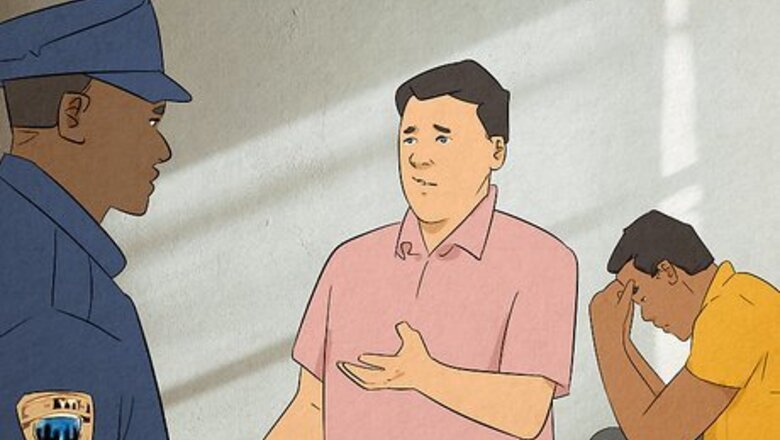
views
- 5150 is the California Welfare and Institutions Code for an involuntarily hold of an adult in a mental health crisis for a 72-hour evaluation.
- Someone can be placed on a 5150 if they’re a danger to themselves or others, or if they’re gravely disabled and cannot get food, clothing, or housing.
- In slang, 5150 is a derogatory term to describe someone as “crazy” or as someone who isn’t behaving in a safe or rational way.
What does “5150” mean?

5150 is a law code that lets adults be involuntarily held in a mental hospital. 5150 refers to Section 5150 of the 1967 California Welfare and Institutions Code, which says that a person in a mental health crisis can be detained for 72 hours for evaluation in a psychiatric facility. Police officers might use the term “5150” as a call code for someone who needs mental health detention. Most states in the U.S. have similar laws, but the number 5150 (and the code for minors, 5585) tends to be specific to the state of California.
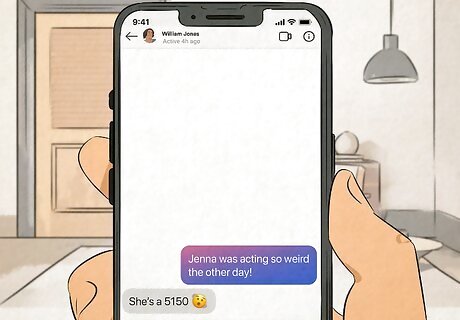
5150 is also a derogatory term that can mean someone’s “crazy.” “5150” (pronounced “fifty-one-fifty”) is usually used to describe someone in a derogatory or disrespectful way, like the word “crazy.” When someone says “5150,” it can mean that the other person has lost control or isn’t behaving in a safe or rational way. This term is also used in prisons to talk about someone who needs mental health treatment. Someone might use “5150” to talk about the process of being detained, a person who has been detained, or a person they think should be detained in a mental health facility. Van Halen made a record called “5150” in 1986. The term made it into pop culture when celebrities like Britney Spears were placed on 5150 holds in the early 2000s.
“5150” Slang & Use on TikTok

5150 is often used in a derogatory way as a noun, adjective, or verb. You might hear someone call someone else "5150," say they "act like a 5150," or that they're "5150’d" (which means to be involuntarily restrained). Someone might also use the term to talk about people who were or should be placed in a mental institution under the 5150 law code. “Stephanie got 5150’d last week. Luckily, she’s doing better now.” “Should we get our friend 5150’d? I think she might be dangerous to herself.”
Mental Health Resources
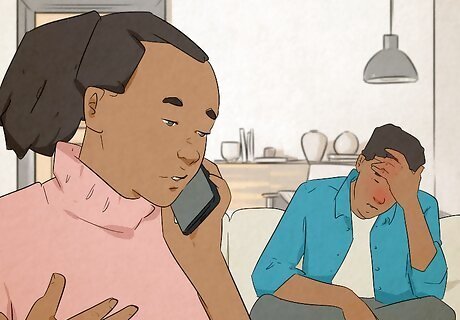
Call emergency services if you’re concerned about a loved one’s behavior. If your loved one is threatening to harm themselves, you, or another person, or if they’re showing violent behavior, call an emergency number (like 911) right away.In the United States, a person may be placed on a 5150 if: They’re a danger to others (in a way that’s related to their mental health) They’re a danger to themselves (this might not be limited to suicide) They’re gravely disabled (typically, this means the person is unable to take care of their food, clothing, and housing needs and has no one to provide those things for them) If your loved one is in jail and is struggling with their mental health, ask if the police can take them to a psychiatric hospital for a “5150” for treatment and evaluation.
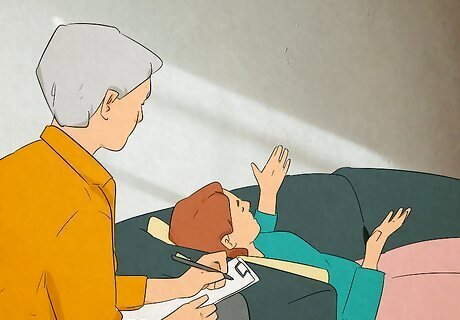
Contact a national mental health helpline for counseling and support. To get emotional support and counseling or to connect with a skilled, trained medical professional, call or text the national mental health helpline in your country. Here are the national lines in the United States: National Alliance on Mental Illness Helpline: Available Friday 10 a.m to 10 p.m. EST. Call 1-800-950-NAMI (6264), text "HelpLine" to 62640, or email at [email protected] National Domestic Violence Hotline: Call 1-800-799-7233 or text “Start” to 88788. The Trevor Project (LGBTQ+ suicide hotline): Call 1-866-488-7386 or text “START” to 678-678. National Suicide Prevention Lifeline: Call 1-800-273-8255 or text 988. State-specific warmlines (support lines run by volunteers): Call or text the services in your state using this directory. Crisis Text Line: Text “HOME” to 741741. Disaster Distress Helpline: Call or text 1-800-985–5990.













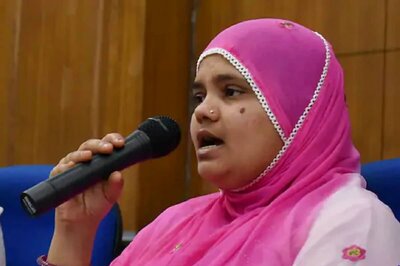





Comments
0 comment